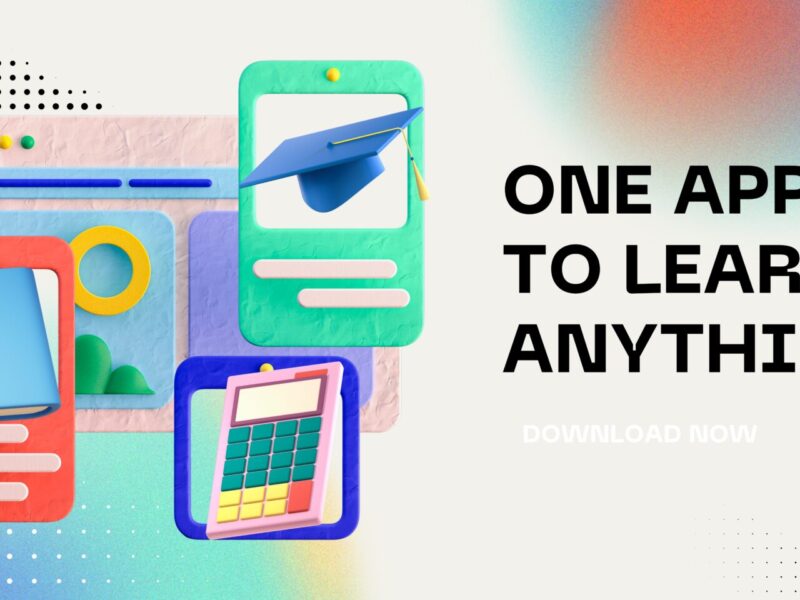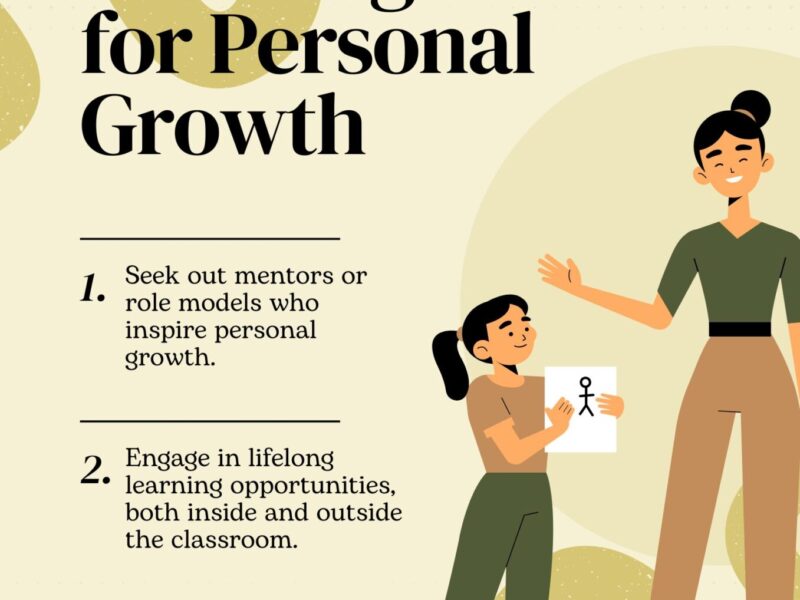Online education-to-revolutionize an individual’s learning journey, to create personal and professional development in one’s life that is accessible, flexible, and affordable. Breaking Myths About Online Education.This mode of learning becomes almost universal and is proven to be effective, nevertheless, there are many misunderstandings and misconceptions attached to it which sometimes limit people from making full use of online education. Breaking Myths About Online Education.This particular article would discuss a few of the common myths on online education with the accompanying clarifications that one would learn how modern ways of learning can actually make a difference in a life.
Myth 1: Online Education Easier Compared to Traditional Learning
Refutation: Online education, while flexible, is by no means “easier” than the traditional learning method.
Most students believe that online courses require less effort, but generally, it differs from that. Self-discipline, time management, and motivation are a few ingredients for the success of the student in an online environment. Unlike the traditional classroom, where a rigid schedule is imposed, the online learner is solely responsible for pacing his or her studies.
Good online programs often have intensive curriculum and assessment projects that necessitate critical thinking and effort. Hence, getting learned is all about the dedication of the student and the course design, as opposed to the medium.
Myth 2: Online Degrees Are Not Respected by Employers
Debunked: Nowadays, a considerable number of employers consider online degrees and certifications, especially if it comes from recognized institutions.
Perhaps several employers were doubtful about online education a decade ago, but that belief has long since passed. Online degrees and online certifications are provided by all leading universities and agencies and carry the weight of traditional degrees-harbored degrees, such as those from Harvard Online or even a Google Career Certificate.
Proof to many employers that one has initiative is the ability to adapt and lifetime learning. These qualities are highly sought-after in an industry that is rapidly changing.
Myth 3: Online Education Is Only for Technically Savvy People
Debunked: The modern online platform is created keeping in mind the users of every standard.
Most of these companies will invest a fortune developing such user-friendly interfaces that it requires the lowest level of technical understanding. Very few skills are needed to use browsers, navigate websites, and handle video conferencing tools, and many learners can easily do online courses. Apart from that, many programs give the tutorial, support team, and FAQs to help in overcoming technical difficulties.
Myth 4: Online Education Does Not Offer a Platform for Interaction or Networking
Unmasked: Online education can really be a mean and useful source of interaction for networking.
Of course, except in the face-to-face term for academic classes can an thus act as meeting ground for students across the globe with their peers from the class and instructors. What is provided in many courses are collaborative projects, discussion forums, group work, and live classes.
Online education networking goes beyond countries and pulls together the rich diversity of individuals in cultures and professional backgrounds. The networking includes all this working out of students’ buildings, offering different collaborative opportunities, therefore making the learning environment rich.
Myth 5: E-learning Is for Older People and Adults Only
Disproven: Online education is for all kinds of students including kids and even adolescents.
Coding classes for kids and other online high school programs do not exhaust the options for the youngest learners. There are many such as Khan Academy, Outschool, BYJU’S and many more that have well tailored fun content anywhere for children.
But much more than skill development, career growth, and personal improvement, online schooling is changing the lives of adults and professionals. The spirit of online education, however, shall become more apparent among younger populations, virtually thanks to the hybrid and full-blown e-recruitment by educational institutions.
Myth 6: There are only a few courses available online
Busted: As a matter of fact, the courses have been in plethora all this while.
Online courses are available in almost any subject or interest area-from high academic courses to technical skills; cooking, photography, and mindfulness are just few of many courses that could be learned online.
Consequently, prestigious institutions, specialized organizations, and luminaries within specific industries have continued to keep pace with the diversity in online offerings for everybody to have access to quality education within various types of disciplines.
Myth 7:Online learning is impersonal and isolated
The myth has been busted. Online education provides ways to connect, engage, and create relationship-building experiences between students and host environments.
Online learning may lack a physical classroom, but it will more than make up for that by the interaction attractors it provides such as live webinars, a discussion board, virtual breakout rooms, and even group projects to make students feel connected. One-on-one mentoring or feedback sessions with instructors also exist in many programs.
In fact, many students find it more inclusive and supportive because they can get involved according to their comfort level and pace.
Myth 8: Online Courses Are Not Credible
Debunked: Most of the online courses are designed and offered by industry experts as well as established academic institutions.
The credibility of an online course lies in its provider. Courses that have been certified by reputed platforms such as Coursera, edX, LinkedIn Learning are more recognized and valued. Apart from that, many industry certifications from companies like Google, Microsoft, and Amazon Web Services are considered very valuable in their fields.
Aspiring students should search the providers of the courses, read their reviews, and see if the course is helpful in achieving their goals to maximize the credibility of the course.
Myth 9: Online Learning Is Expensive
Debunked: Online education often costs lower than the face-to-face learning, with a wide range of amenities free or very inexpensive.
Online programs charge a fee, somewhat less in comparison to in-class activities; students may save on the cost of transportation, accommodation, or even other expenses stemming from the traditional education system. And also, many platforms have financial assistance, scholarship, or free versions of the courses. Thus, education becomes more accessible.
Online Learning Benefits
To grasp the complete meaning of online education, it is really worth noting the benefits regarding that:
Flexibility: Learn at your pace and timetable.
Access: Education reached you wherever you are in the world.
Cost: Slash costs associated with conventional learning.
Diversity: New topics and skills were explored.
Global Linkage: Network with people in the continent and industry.
Lifelong Learning: Be open to learning and unlearning to take advantage of ever-changing trends.
Online Learning Success Tips
Face challenges head-on and make the most of all the benefits of online learning using these tips:
Setting Clear Goals: What do you want to achieve from the course?
Routine Creation: Create a regular study schedule.
Keep Yourself Organized: Make use of calendar and to-do lists.
Engage Actively: Participate in discussions and activities.
Seek Help When Needed: Ask your instructors or peers for help.
Take Breaks: Incorporate time for breaks in order to avoid burnout.
Track Progress: Measure what you’ve accomplished and alter tactics as necessary.
The Future of Online Education
Online education is a reality, and it is hugely promising. There is the new technology such as artificial intelligence, virtual reality, and blockchain that will shape and continue to evolve the learning experience. It will also make online education much more engaging, interesting, personalized, credible, and even more myth-breaking and broader-reaching.
Conclusion
E-learning can serve as a strong bridge towards learning, growth, and networking. However, myths abound on the credibility, difficulty, and effectiveness of e-learning which compromise its actual usefulness. What it philosophically presents to be is real-it has changed the present face of the world. Learning and harnessing this entire potential will definitely open up avenues that could have become historically unlikely, spanning the deep divides that education has placed on individuals worldwide.

